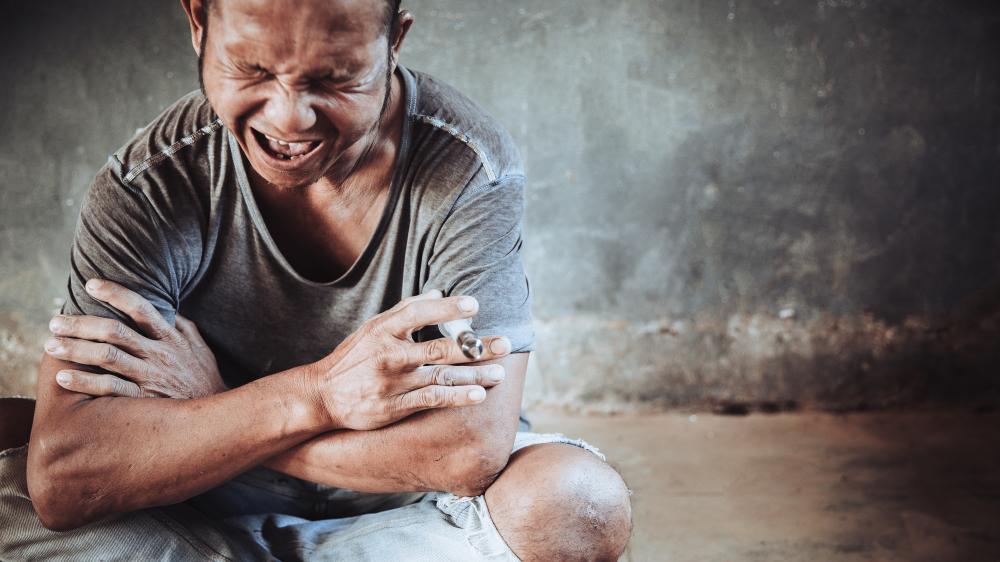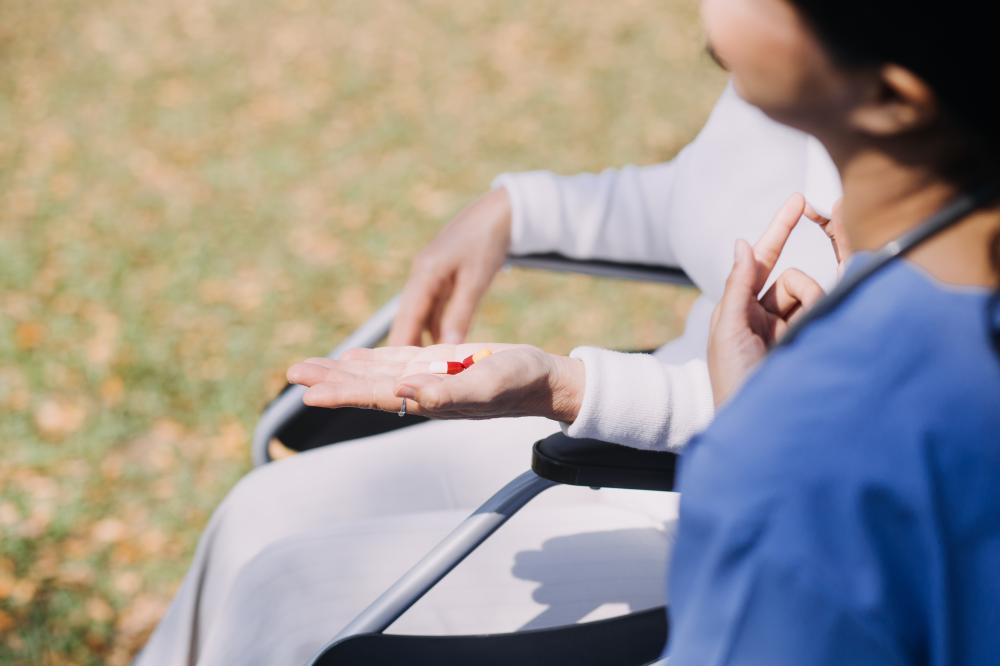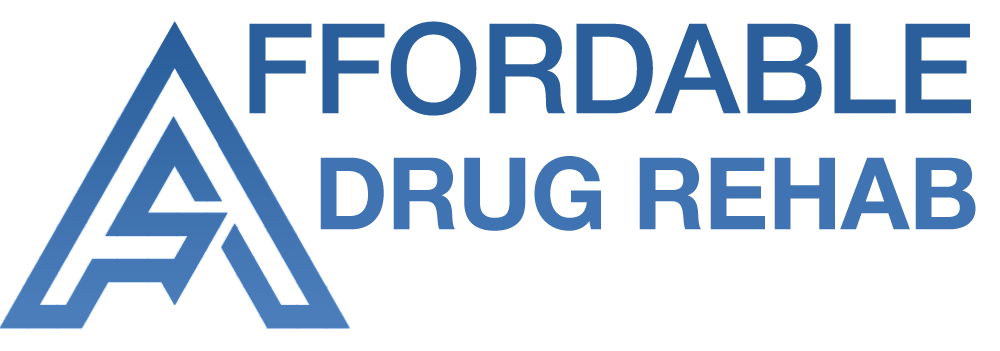Give us a call1 (888) 850-3656
- How much does the government spend on addiction treatment?
- How does Affordable Drug Rehabs ensure that affordability does not compromise the quality of care?
Affordable Drug Rehabs in California

Exploring Affordable Options
As someone deeply rooted in the mission to provide affordable and effective substance abuse treatment, I understand the challenges many face when seeking help. Affordable Drug Rehabs in California are not just a necessity but a critical resource in bridging the gap between addiction and recovery. In my professional experience, the first step to recovery is often the hardest–mainly due to the perceived financial barriers. It’s essential to convey that affordable does not equate to lower quality but rather reflects a commitment to inclusivity and support.
Throughout California, there are a variety of programs designed to offer treatment at little to no cost. These include state-financed initiatives, sliding fee scales based on income, and facilities that accept various forms of insurance, including Medicaid. I’ve witnessed firsthand the impact these programs have on individuals and families, providing hope and tangible solutions to those who feared help was beyond their reach.
Every person’s journey is unique, and so should their treatment plan be. That’s why our team prioritizes a personalized approach to care, ensuring that each patient’s needs are meticulously addressed. By removing the barrier of cost, more individuals are empowered to seek the help they deserve.
Types of Services Available
In my years of involvement with Affordable Drug Rehabs in California, I’ve seen a wide array of services provided to cater to various stages of recovery. From detoxification supervised by compassionate medical professionals to long-term residential care focusing on deep-seated issues contributing to addiction, the spectrum of services is extensive. Each facility may have its own set of offerings, but the common thread is the commitment to recovery.
Many of these affordable centers incorporate evidence-based therapies such as cognitive-behavioral therapy, motivational interviewing, and even holistic practices like mindfulness and meditation. These aren’t just buzzwords; they are foundational tools that have significantly improved many of my clients’ recovery journeys. Programs also often include life skills training, relapse prevention education, and individual and group counseling.
Diving deeper, I’ve seen specialized services that address the needs of various populations, including programs for pregnant women, veterans, and individuals with dual diagnoses. The inclusivity of services further reflects the diverse needs within our communities and the dedication to serving all who seek help.
Navigating the Recovery Journey
- Assessment and personalized treatment planning
- Detoxification and medical supervision
- Residential and outpatient treatment programs
- Aftercare and relapse prevention
- Therapies addressing the holistic spectrum of individual needs
The road to recovery is not a solitary one–it’s a path paved with support, understanding, and a community that cares. It’s a journey I’ve walked alongside many clients, sharing in their struggles and triumphs. Affordable Drug Rehabs in California not only offer a beacon of hope but are instrumental in making the process of healing accessible. The variety of programs and services available mean that no one is exempt from receiving help due to financial constraints.

I believe recovery is a right, not a privilege. It’s a narrative we strive to rewrite daily, ensuring that those affected by substance abuse have access to comprehensive and compassionate care. In our facilities, we see people from all walks of life united by a common goal–to regain control and start afresh. It’s a powerful reminder of the resilience of the human spirit and the transformative power of Affordable Drug Rehabs in California.
The Imperative of Accessibility
Accessibility is at the heart of the philosophy guiding our approach to rehabilitation. By offering services that cater to economic diversity, we break down the primary barrier to entry for treatment: cost. In doing so, we welcome countless individuals who might otherwise forego essential care. It’s not only about making services affordable; it’s about creating a supportive environment where recovery is attainable for everyone.
Our approach is deeply rooted in a belief that everyone deserves a chance at recovery, no matter their financial situation. With sliding fee scales and payment assistance, we’ve seen the profound difference affordability makes. It turns the prospect of recovery from a distant dream into an immediate possibility. It’s a testament to the ethos that drives us–compassionate, inclusive care that champions the dignity and potential of each individual.
And so, when I speak of our work, I do so with pride and conviction. Affordable Drug Rehabs in California are more than treatment centers; they are communities of healing and hope. We are committed to guiding those in need towards a path of recovery, ensuring that every step forward is met with unwavering support and care.
Exploring Affordable Rehab Options
Understanding Rehab Affordability
When searching for Affordable Drug Rehab Centers in Maryland, it’s imperative to recognize the diversity in cost structures and the variety of treatment options available. Engaging with centers that prioritize affordability, such as Affordable Drug Rehabs, means encountering no hidden fees and a transparent breakdown of expenses. With insurance complexities and the burden of out-of-pocket costs, we ensure that financial barriers are minimized.
Our partnerships with insurance providers and our sliding scale payment options accommodate a broad range of economic backgrounds. We believe recovery shouldn’t be a privilege but a right for all who seek it. As Maryland residents, patients have access to various funding sources, including state grants and nonprofit subsidies, which may further relieve the financial strain of treatment.
By offering personalized payment plans, Affordable Drug Rehab Centers in Maryland are committed to ensuring that cost doesn’t deter anyone from receiving the help they need. Each individual’s financial situation is reviewed with compassion and confidentiality, ensuring a stress-free start to the recovery journey.
Integrating Quality and Cost-Effectiveness
The synergy between quality care and cost-effectiveness is the cornerstone of Affordable Drug Rehabs’ mission. Even as an Affordable Drug Rehab Center in Maryland, maintaining a high standard of treatment is paramount. The misconception that affordability equates to lesser quality is dispelled by our adherence to evidence-based practices and the maintenance of accredited facilities.
Our experienced team ensures that each patient benefits from an individualized treatment plan, integrating therapies that address the multifaceted nature of addiction. These may include cognitive behavioral therapy, group counseling, and holistic approaches like meditation and nutritional guidance.
With a plethora of recovery programs available across Maryland, from urban to rural settings, accessibility remains a core value. Whether opting for outpatient services or residential care, patients are met with the same level of dedication and quality. The aim is to deliver effective treatment while navigating the financial component with ease.
We offer various specialties, such as programs for veterans or individuals with dual diagnoses, ensuring that Affordable Drug Rehab Centers in Maryland cater to the unique needs of diverse populations.
Sustaining Recovery Long-Term
Understanding that recovery is a lifelong journey, Affordable Drug Rehabs focuses on the continuum of care beyond initial treatment. Our alumni services and relapse prevention programs are designed to provide ongoing support, which is crucial for sustaining sobriety.
Alumni activities, community engagement, and counseling services are available to keep individuals connected and supported. We recognize that the transition back into daily life poses its own set of challenges, which is why these services are a fundamental part of our aftercare commitment.
Empowering each person with the skills and tools to navigate post-rehab life, Affordable Drug Rehab Centers in Maryland foster resilience and self-sufficiency. By prioritizing long-term wellness, we support not only the initial recovery but also the maintenance of a sober, fulfilling life.
- Robust aftercare planning
- Alumni networks and community support
- Relapse prevention education
Exploring Affordable Options for Drug Rehab in Arizona
Understanding the Available Resources
When considering Affordable Drug Rehab in Arizona, it’s essential to understand the resources available. The state offers a variety of treatment centers that cater to different financial situations, ensuring that everyone has access to the help they need. From state-funded programs to sliding-scale fee services, Affordable Drug Rehab in Arizona is within reach for many individuals seeking support.
In my professional experience, the efficiency of treatment often correlates with the level of personalized care a patient receives. This is why we prioritize individualized treatment plans at our facilities. By acknowledging each person’s unique journey, we align our varied services – including cognitive-behavioral therapy and holistic approaches – to their specific recovery goals.
Many Arizonans benefit from Medicaid services, known locally as AHCCCS, which covers portions of addiction treatment. It’s heartwarming to witness patients who thought treatment was beyond their financial means, embrace recovery thanks to this assistance.
Allocated Funds and Services
Allocating funds for Affordable Drug Rehab in Arizona is a testament to the community’s commitment to combating substance abuse. Non-profit organizations often step in to fill the financial gaps for those who lack insurance or personal funds. These groups understand that recovery is not just about the individual but about the positive ripple effect on society.
The impact of an affordable rehab can’t be understated. It’s not just about the immediate benefits but the long-term outcomes. By providing a platform for sustainable recovery, we’re investing in healthier communities and brighter futures. Our aligning with such initiatives reflects our dedication to being part of this transformative process.
One aspect that often goes unspoken is the role of support post-rehab. Our centers offer extensive aftercare, which includes alumni programs and relapse prevention strategies. This ongoing support ensures continuity of care and a firm foundation for a life of sobriety, integral components of the recovery landscape.
Anecdotal evidence from former patients constantly reinforces the value of these aftercare services. The journey doesn’t end upon leaving the facility; it’s an ongoing commitment to a substance-free life, bolstered by community and professional support.
Personalized Care and Treatment
It’s important to note that Affordable Drug Rehab in Arizona doesn’t mean one-size-fits-all. Each center offers a spectrum of treatment modalities to address various substance use disorders. The aim is to cater to the physical, emotional, and psychological needs of each patient, ensuring a holistic approach to recovery.
Affordability coupled with evidence-based practices such as motivational interviewing or group therapy allows patients to access high-quality care without the burden of exorbitant costs. This has been a cornerstone of our philosophy, as it aligns with the mission to make recovery achievable for all.
- Assessment and Evaluation Services
- Detoxification Processes
- Residential and Outpatient Programs
- Specialized Therapies for Diverse Populations
- Relapse Prevention and Sobriety Maintenance
Through these services, Affordable Drug Rehab in Arizona becomes more than a concept; it’s a tangible reality helping countless individuals reclaim control over their lives. Witnessing the transformation from the throes of addiction to the empowerment of recovery is a profound testament to the efficacy of these treatments.

What are the costs of substance use?
The costs of substance use are multifaceted and extend beyond the individual to impact families, communities, and society as a whole. Financially, individuals may face the burden of purchasing substances, which can lead to economic strain and hardship. But there’s more to it than just the money spent on substances themselves. There’s the loss of productivity at work, healthcare expenditures for treating addiction and its associated health issues, and the societal costs due to increased crime rates and the need for law enforcement resources.
From our vantage point at Affordable Drug Rehabs, we see the personal costs daily–relationships strained or severed, careers derailed, and the profound impact on mental and physical health. It’s not a bleak picture reserved for a few; it’s a pervasive challenge that touches many. That’s why we’re deeply committed to providing accessible, affordable care, ensuring that these costs don’t continue to compound and that individuals have a real chance at recovery.
Would you like to know how these costs impact communities over time, or perhaps how treatment can help mitigate these effects?
How much does the government spend on addiction treatment?
The government’s financial allocation towards addiction treatment is a reflection of its recognition of substance abuse as a public health crisis. Billions of dollars are spent annually on treatment services, including prevention programs, research, law enforcement, and healthcare services. However, these figures can fluctuate with policy changes and budget allocations.
At Affordable Drug Rehabs, we often collaborate with state-funded initiatives and take advantage of grants that help subsidize the cost of treatment for our clients. This collaboration is a crucial aspect of making the rehabilitation journey accessible to more people, but there’s still a gap to bridge. We advocate for increased spending and better resource allocation, recognizing that investment in treatment pays dividends in health outcomes and social stability.
Are you curious about how these funds are specifically allocated or how current policies might affect available treatment options?
How does Affordable Drug Rehabs ensure that affordability does not compromise the quality of care?
At Affordable Drug Rehabs, our philosophy is that financial constraints should never limit access to high-quality care. Affordability and quality are not mutually exclusive; in fact, they must coexist to achieve the best outcomes. We achieve this balance by leveraging evidence-based treatments, ongoing staff training, and efficient organizational practices that maximize resources without sacrificing standards of care.
For instance, our sliding fee scales are designed to adjust costs based on an individual’s ability to pay, while our partnerships with insurance companies and healthcare networks help cover expenses without corner-cutting. We take pride in maintaining accreditation and following best practices, reflecting our unwavering commitment to excellence.
Are you interested in learning about specific evidence-based treatments we offer, or perhaps how we tailor our services to individual needs?
What measures are in place to ensure treatments are accessible to diverse populations?
Accessibility is a cornerstone of our mission at Affordable Drug Rehabs. We deliberately design our services to accommodate the unique needs of various populations, including veterans, pregnant women, and individuals with dual diagnoses. Our facilities are strategically located to serve different communities, and we offer a range of treatment modalities, from outpatient programs to long-term residential care.
To ensure that our treatments are indeed accessible, we accept various forms of insurance, including Medicaid, and provide payment assistance options. Additionally, we actively engage with community organizations and stakeholders to identify barriers to treatment and work collaboratively to address them.
How can we further assist you to understand the scope of our tailored support services for special populations?
What kind of support can individuals expect after completing a rehab program at Affordable Drug Rehabs?
Support after rehab is critical to maintaining recovery, which is why we at Affordable Drug Rehabs put a strong emphasis on aftercare services. We provide a range of support options, including alumni networks where individuals can connect with peers who have shared similar experiences, ongoing counseling to address new challenges post-rehab, and educational workshops focused on relapse prevention.
Our approach to aftercare is proactive and personalized. We start planning for post-treatment life early in the recovery process, ensuring that our patients have a solid foundation and a clear strategy for sustaining their sobriety. It’s not just about avoiding relapse; it’s about thriving in their new substance-free life and feeling confident in their ability to do so.
Would you like to explore some personal stories of how our aftercare services have made a difference, or are you keen to understand the specifics of our aftercare planning?
Resources for Affordable Drug Rehabilitation
- Substance Abuse and Mental Health Services Administration (SAMHSA): Offers a treatment locator and information on substance use disorders and mental health. Find Treatment – SAMHSA
- National Institute on Drug Abuse (NIDA): Provides research-based information on drug abuse, treatment approaches, and recovery. Patients & Families – NIDA
- California Department of Health Care Services (DHCS): Details on Medi-Cal, California’s Medicaid program, and services for substance use disorders. Medi-Cal Benefits – DHCS
- Arizona Health Care Cost Containment System (AHCCCS): Arizona’s Medicaid agency providing information on behavioral health services covered. Behavioral Health Services – AHCCCS
- Maryland Department of Health Behavioral Health Administration: Information on public behavioral health services, including substance use treatment. Behavioral Health – Maryland Department of Health
- National Institute on Alcohol Abuse and Alcoholism (NIAAA): Research and education on alcohol-related issues, including treatment resources. NIAAA
- Centers for Disease Control and Prevention (CDC): Information on the health effects of substance abuse and links to additional resources. Substance Abuse – CDC
- National Alliance on Mental Illness (NAMI): Support and resources for individuals and families affected by mental illness and co-occurring substance use disorders. Support & Education – NAMI

